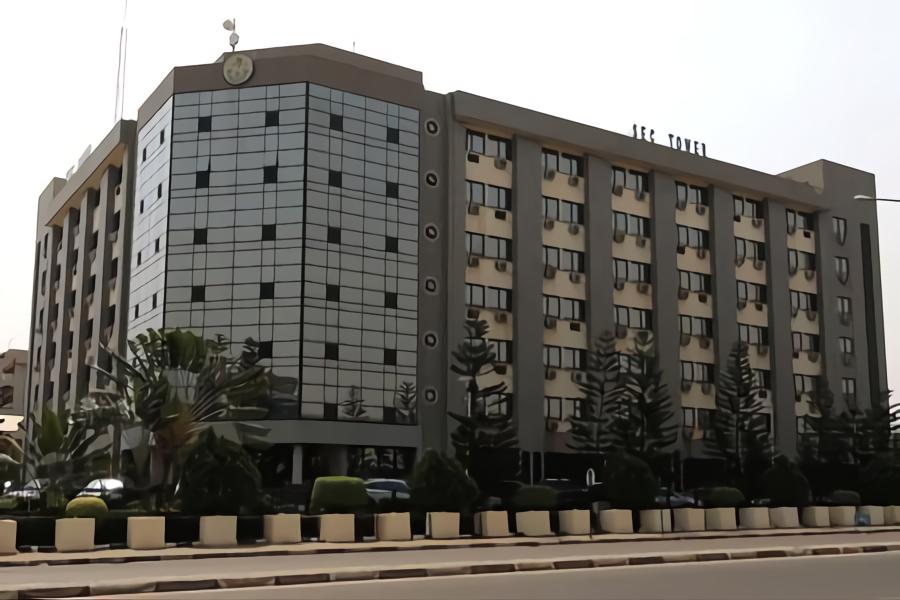
The Nigerian SEC’s recently released guide to regulate digital/virtual assets draws positive and negative reviews from crypto heavyweights.
The Nigerian Securities and Exchange Commission (SEC) recently released new guidelines for Digital Assets as part of its effort to regulate virtual assets. In a new document titled “New Rules on Issuance, Offering Platforms, and Custody of Digital Assets”, the regulatory body legalised virtual assets like cryptocurrencies in Nigeria.
Therefore, all platforms that allow the trading, exchange, and transfer of virtual assets; are subject to the new legislation. Also, all issuers of digital assets, including international and non-residential sponsors and operators that aggressively pursue Nigerian investors, are to comply.
Industry Experts React To New Regulation
Sequel to the release of the guidelines, several industry heavyweights have weighed in with their opinions. So far, there have been mixed reviews concerning the regulation from these experts and related associations.
Ajibola Lawal, an investment lead at Kaicho Capital, revealed that the development was a welcome first step by the SEC. He noted that having clear laws was better than the previous no communication situation despite some sore points. He urged industry experts to engage with the SEC to create an even more fit for purpose regulation. He believes this would make an enabling environment for innovation and promote investor safety.
Similarly, Senator Ihenyen, Lead Partner at Infusion Lawyers and President of Stakeholders in Blockchain Technology Association of Nigeria, shared the same sentiments. However, he pointed out the SEC’s omission of service inclined projects, which are not securities, as a significant gap in the guideline.
“Noticeably, the Rules are silent on the fate of projects that do not involve securities, for example, crypto assets or virtual assets that give users access to rights and services, such as utility tokens.”
Furthermore, he revealed that the minimum capital and registration fees were a welcome development. However, he doubted that the ₦500 million capital requirement would encourage investments in the sector, especially with a transparent industry.
Finally, the crypto coalition with representatives from exchanges operating in Nigeria expressed concern regarding the CBN’s position vis-a-vis the new rules. The CBN has held its firm stance prohibiting banks from carrying out crypto transactions, even fining several banks that flaunted its directive. Despite the uncertainty of the CBN’s position on the new rules, the Crypto coalition says it will engage with the SEC directly.
“There are, however, some concerns and unanswered questions around the position of the CBN in line with the new rules and the fee structure for licensing, which we would be engaging directly with the SEC. Irrespective of this, we welcome the step and hope it serves as a foundation for ushering in a safer and secure future for cryptocurrency enthusiasts in Nigeria.”
US SEC Cautions Against Crypto Investments
Following the Nigerian SEC passing new legislation endorsing digital assets, its counterpart in the US has issued a warning against crypto investments. The regulatory warned that the digital asset class might not be as decentralised as previously thought.
Speaking at the 2021 FINRA Annual conference, Gary Gensler, the SEC’s Chair, warned investors not to believe they owned tokens. He noted that using digital wallets on diverse platforms transferred ownership of those digital assets to the custodians. He said,
“If the platform goes down, guess what? You just have a counter-party relationship with the platform,” Gensler said. “Get in line at bankruptcy court.”
Furthermore, Gensler noted that the digital asset class is not sufficiently decentralised. He highlighted a small number of significant trading and lending platforms that handle the majority of crypto-asset activity. He finally argued for fundamental investor safeguards, such as market integrity, a restriction on front-running clients, and anti-manipulation and fraud.
Meanwhile, Nigeria’s foreign reserve has plunged below $39 billion while the naira exchanged at ₦590 on the parallel market. The 0.24% decline to $38.92 billion represents the first time in seven months that the country’s foreign reserve has gone below the $39 billion mark.
Consequently, the fall in external reserves is linked to the Central Bank’s ongoing involvement in foreign exchange. The apex bank is doing its best to maintain the local currency’s stability through its involvement.
Do you think the new SEC guideline is the right step for Nigeria’s nascent digital asset industry? Let us know your thoughts in the comments below.

Chris is a crypto enthusiast and a firm believer in the blockchain’s ability to create a new financial paradigm. Through writing, Chris hopes to expose the intricacies of this disruptive technology and how it is beneficial to Africans and developing countries. He aims to give readers a rational and unbiased outlook of the industry by equipping them with the necessary information to make enlightened investment decisions.


